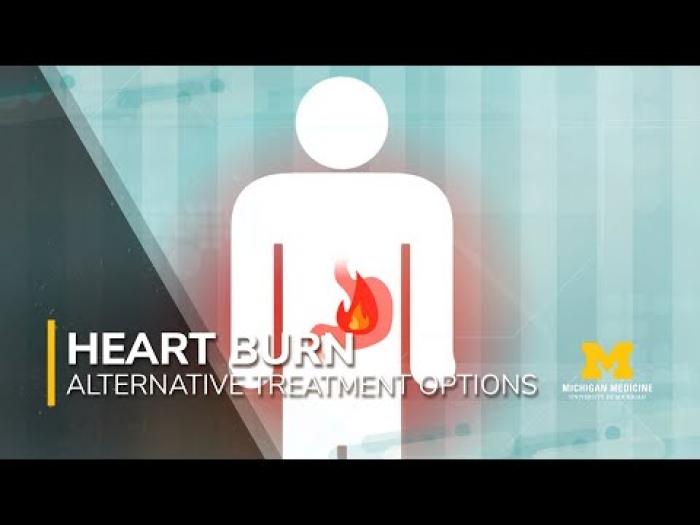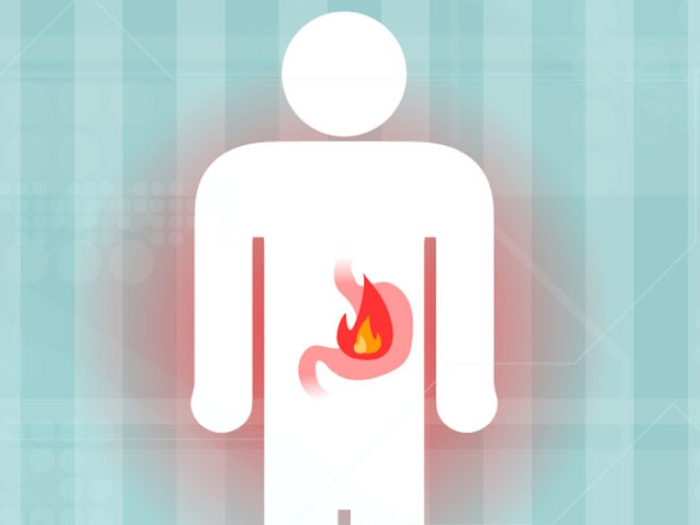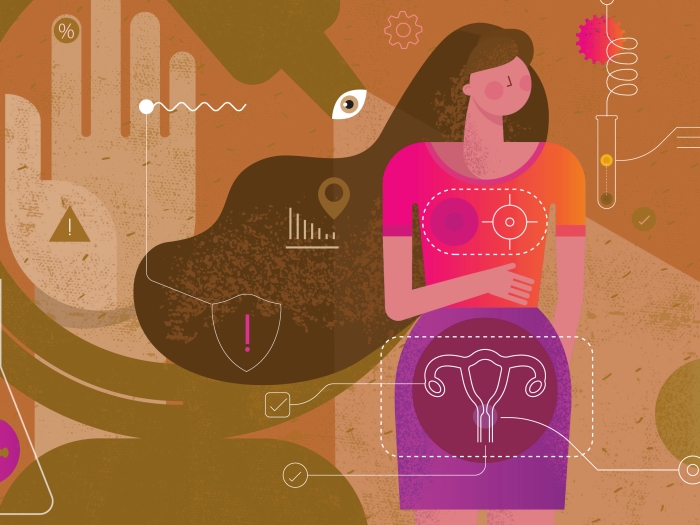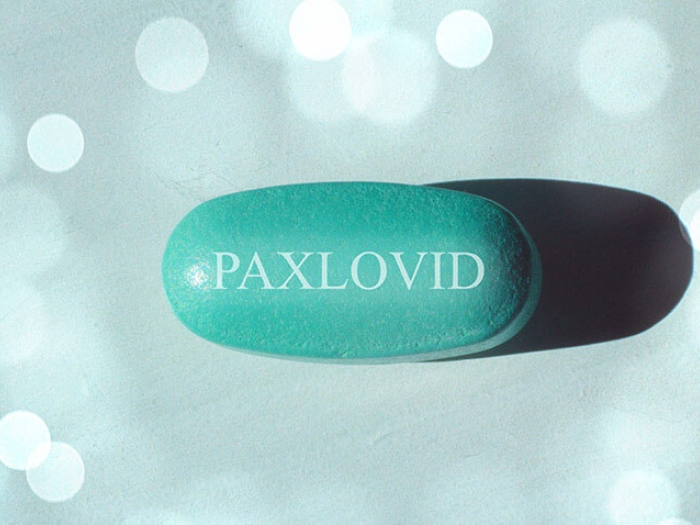Although some studies have associated risks with the medications used to treat GERD, a Michigan Medicine expert says the hazards are minimal and mostly unproven.
3:30 PM
Author |

People with gastroesophageal reflux disease (GERD), a digestive problem marked by excess backflow of stomach contents, know that the resulting heartburn or regurgitation can be painful — and, in some chronic cases, damaging to one's esophagus.
MORE FROM MICHIGAN: Sign up for our weekly newsletter
About 20 percent of Americans experience reflux symptoms on a weekly basis, most commonly due to the sphincter muscle at the bottom of one's esophagus opening too frequently and allowing stomach acid back up into the esophagus.
Lifestyle and dietary changes can ease symptoms, as can medications called proton-pump inhibitors (PPIs), which prevent acid production in the stomach. PPIs include brand names such as Nexium and Prilosec.
The medications, available both over the counter and by prescription, are most effective when taken on an empty stomach. PPIs circulate in the blood to block the stomach's acid pumps, which are activated when you eat.
"PPIs have become the go-to because they are very effective," says Joel Rubenstein, M.D., M.Sc., director of the Barrett's esophagus program and associate professor in the division of gastroenterology at Michigan Medicine. "With 30 years of use by tens of millions of people, they've been shown to be very safe."
Recent studies, however, have cited dangers thought to be associated with the long-term use of PPIs.
Among them: an increased risk of kidney disease, osteoporosis, low magnesium or vitamin B12 in the blood, pneumonia, stroke, and contracting the Clostridium difficile (C. diff) bacterium. A 2016 German study also pointed to a potential link between PPI use and a higher likelihood of dementia.
Rubenstein, who says patients are asking more safety questions because of the recent prevalence of PPIs in the news, tries to calm fears, emphasizing that hazards are minimal. It's likely "a 2 to 3 percent absolute increased risk over 10 years of use" of any serious side effect, he says.
And such links don't prove causation.
"Any time there's such a weak association with a long list of any possible bad things, it makes you skeptical it's actually causing all of those," Rubenstein says.
Balancing risk and relief
It may not be the medications themselves driving the hazards associated with PPIs.
For example, "someone who is obese is more likely to have reflux and more likely to take PPIs; obesity is related to dementia," says Rubenstein. "Those studies did not control for that fact." That research also didn't take education levels, genetic predisposition and other lifestyle habits into account.
SEE ALSO: 4 Ways to Stop Digestive Discomfort After a Supersized Meal
Many people with GERD, after all, struggle with their weight, blood pressure and heart health.
Acid reduction via PPIs could affect the stomach's ability to wipe out harmful bacteria, which is why Rubenstein counsels those with recurrent C. diff infections to pursue alternative treatment for GERD if possible.
Still, he continues to recommend PPIs when appropriate.
"You should be on a medication if it's helping," Rubenstein says. "There's no reason a patient should be miserable in order to avoid these small, not-clearly-true risks."
When PPIs are necessary
Some people might need to take PPIs over an extended period, possibly for life. For others, the picture is murkier.
Many PPI users started taking the drugs "as a diagnostic test," Rubenstein says. But there can be a substantial placebo response for symptoms, and patients whose symptoms improved on PPIs should almost always have a trial of stopping them, or using a less potent acid-blocking medication, under a doctor's supervision.
People taking PPIs for ulcer prophylaxis (with or without GERD symptoms) shouldn't discontinue the medication without talking to a physician. A sudden stoppage could lead to an ulcer that bleeds or perforates, potentially causing further complications.
Meanwhile, those with only periodic or light heartburn can get by with a basic antacid instead.
Those with GERD might first be steered toward H2 blockers, which block histamine receptors that promote stomach acid production — and, according to Rubenstein, have a seemingly lower risk. But, he notes, they're ineffective for about 40 percent of users.
Patients should also take steps to lessen GERD triggers: Lose weight, avoid smoking and alcohol, sleep at an incline and avoid commonly problematic foods such as citrus, coffee and tomato products, among other things.
In some cases, these efforts can bring relief without medication.
Medication do's and don'ts
When taking prescription or over-the-counter therapies to treat GERD, consider these tips:
DO
-
Take PPIs on an empty stomach and eat something 30 to 45 minutes later.
-
Take PPIs first thing in the morning unless told otherwise by your doctor. If you take it in the morning, do so as soon as you wake up (before you shower or brush your teeth).
-
If you are instructed to take a PPI twice daily, take the second dose before dinner, not at bedtime.
-
If you take your medication in the evening, keep a supply at work and take it before you leave for home. If you cook your dinner, take the PPI as soon as you start preparing the meal.
DON'T
-
Take over-the-counter acid-reducing medications for longer than 14 days without talking to your doctor, especially if you get little to no relief from your symptoms.
-
Eat foods that can make your symptoms worse.
-
Ignore your symptoms, particularly trouble swallowing. These could indicate a more serious condition.

Explore a variety of healthcare news & stories by visiting the Health Lab home page for more articles.

Department of Communication at Michigan Medicine
Want top health & research news weekly? Sign up for Health Lab’s newsletters today!





